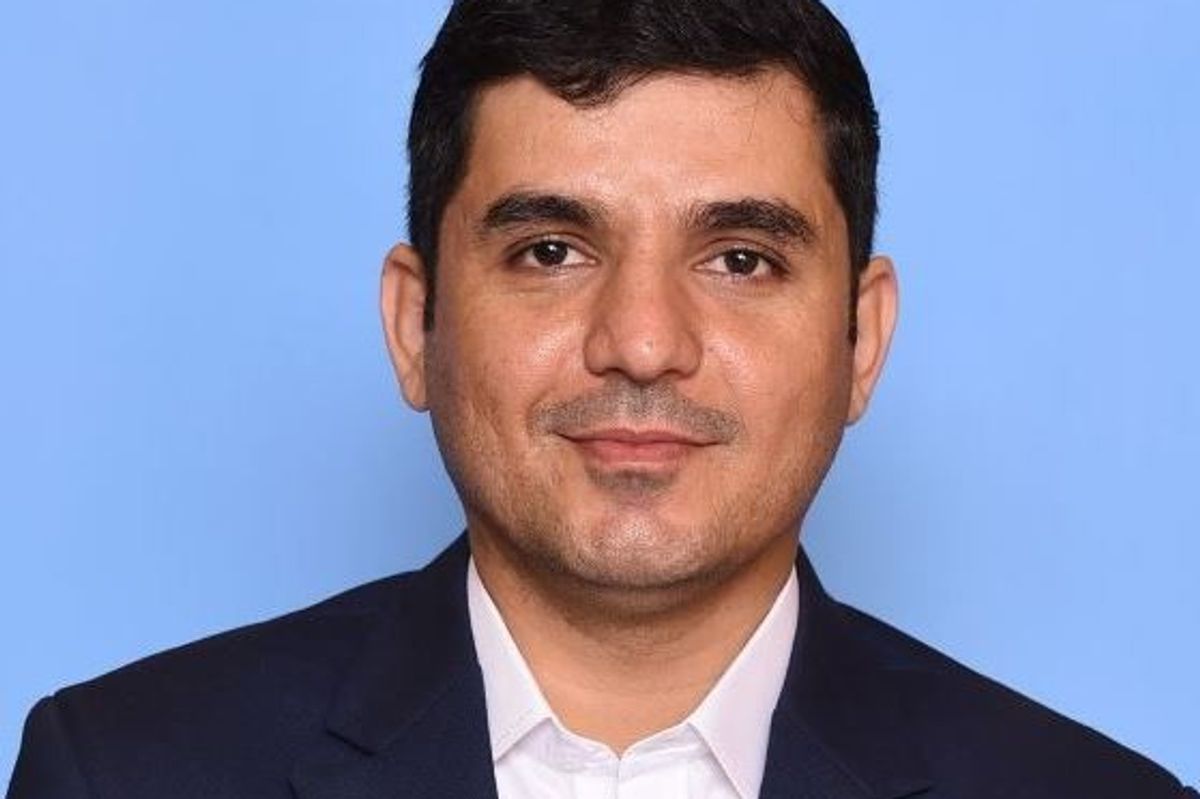Pakistan’s top court overturns election body’s ruling, reinstates lawmaker
Adil Bazai faced disciplinary action as PML-N accused him of violating party directives in crucial assembly sessions

Asma Kundi
Producer, Islamabad
Asma Kundi is a multimedia broadcast journalist with an experience of almost 15 years. Served national and international media industry as reporter, producer and news editor.

Pakistani lawmaker Adil Bazai.
Courtesy: National Assembly of Pakistan
PML-N president filed a reference against the lawmaker under Article 63-A, seeking his removal for failing to attend key NA sessions
The sessions included critical votes on the 26th Constitutional Amendment and the 2024-25 budget
Pakistan’s Supreme Court on Thursday reinstated Adil Bazai as a Member of the National Assembly (MNA) from NA-262 Quetta, nullifying an earlier decision by the Election Commission of Pakistan (ECP) to de-seat him.
A three-member bench led by Justice Mansoor Ali Shah declared the ECP's verdict void, granting relief to Bazai in a case that has stirred debate over the Election Commission’s authority. “The criteria for disenfranchising an entire constituency must be stringent,” remarked Justice Shah.
Court proceedings
The Supreme Court, which had suspended the ECP’s decision on December 9, criticized the commission's process during Thursday’s hearing. Justice Ayesha Malik questioned the basis for the ECP’s actions, asking, “Which law gives them the authority to conduct such inquiries?”
Bazai’s attorney, Sardar Taimoor, argued that the ECP had acted hastily and unfairly, initiating proceedings just one day after receiving the complaint.
He further alleged that key evidence, including an affidavit citing Bazai’s affiliation with the Pakistan Muslim League-Nawaz (PML-N), had not been shared with the defense.
Justice Shah pointed out flaws in the evidence, including an unclear photograph allegedly showing Bazai taking an oath in the National Assembly. “It is difficult to ascertain whose signature is in question,” Shah said.
The bench also expressed broader concerns about the ECP’s authority. “Does the ECP have the authority to conduct trials? Where does it derive such powers?” Justice Shah asked, while Justice Malik wondered, “Is the ECP above all other courts in the country?”
Justice Aqeel Abbasi further criticized the ECP, stating, “Receiving a letter from a high-ranking official cannot be the sole basis to de-seat a representative.”
Background of the case
Bazai, an MNA from NA-262 Quetta, faced disciplinary action for allegedly violating party directives. PML-N President Nawaz Sharif filed a reference against him under Article 63-A of the constitution, seeking his removal for failing to attend key National Assembly sessions.
The sessions included critical votes on the 26th Constitutional Amendment and the 2024-25 budget. Bazai’s absence contributed to the government’s failure to secure the two-thirds majority needed to pass the constitutional package, which proposed limiting the Chief Justice of Pakistan’s tenure and establishing a constitutional court. However, the government eventually managed to secure the required votes.
The National Assembly Speaker referred the case to the ECP, which moved to de-seat Bazai. On November 21, the ECP ruled against him, prompting Bazai to appeal to the Supreme Court.
The Supreme Court’s ruling not only reinstates Bazai but also raises questions about the ECP’s authority and procedural conduct. Justice Shah remarked that the process seemed “bulldozed,” suggesting the commission overstepped its mandate.
The court announced that a detailed judgment would follow, providing clarity on the legal issues surrounding the case.










Comments
See what people are discussing